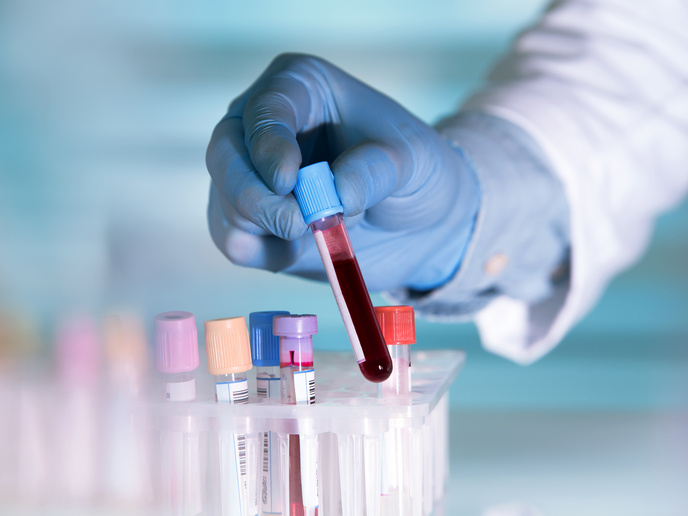Towards an oral vaccine for Helicobacter pylori
According to the World Health Organisation, the incidence of H. pylori infection exceeds 50 % in developed countries and 80 % in developing countries. It is spread through casual contact and can persist for life, inducing active and chronic inflammation of the gastric mucosa. Although most infections respond to antibiotics, some patients develop resistance and are at higher risk not only of H. pylori-related disease, but also more severe disease due to more virulent H. pylori infection. To address this medical issue, the EU-funded HELICOVAXOR(opens in new window) project has developed a lead prototype for an oral H. pylori vaccine. The aim was effective prevention and treatment of H. pylori infection. The HELICOVAXOR project achieved remarkable progress and has identified a useful inactivated whole-cell vaccine formulation. A novel SmPill®-enabled adjuvant formulation has demonstrated its capacity to intensify intestinal-mucosal immune responses to the whole-cell vaccine. More important, the adjuvant combined with the inactivated whole-cell antigenic component increases the protective efficacy of the vaccine against H. pylori infection. Researchers co-incorporated the whole-cell vaccine and adjuvant in the single multiple pill – SmPill®. This system encapsulates the adjuvant in solubilised form for delivery alongside the antigens in an advanced dried nano-emulsion/micelle format that is stable at ambient temperature and provides for controlled release to target specific regions of the gastrointestinal tract. Use of the SmPill® technology enhances immunological activities and promotes the immune-protective efficacy of the vaccine. Assessment of the toxicological impact of the developed vaccine prototype in mice was successfully completed. Important for future commercialisation, the team developed a suitable scaled-up advanced manufacturing process to produce the oral vaccine product. Discussions with specialist vaccine companies indicate that there is considerable interest. Further pre-clinical optimisation to achieve higher immunisation and protection rates is ongoing, the results of which will contribute to the development of a clinical development plan so the HELICOVAXOR® oral vaccine can reach the market effectively. Project research results have provided a firm foundation for moving towards human clinical trials and the development of an oral vaccine for H. pylori. The HELICOVAXOR® product has the potential to be adopted as the leading H. pylori vaccine on the market, saving lives as well as improving quality of life.







